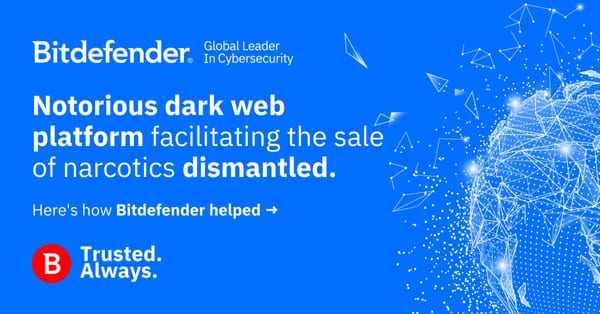Patients trust doctors more than government, tech companies with their medical data, Accenture survey finds

As many as 84% of English patients trust traditional healthcare providers with the security of their medical data, even though 1 in every 8 has had medical data stolen, according to a survey by Accenture.
Meanwhile, only 59 percent of respondents said they trust cybersecurity measures adopted by the government, and just 42 percent believe their data is safe with tech companies whose products they use.
Despite English consumers” digital trust in their physicians, four in five consumers worry their medical data might be stolen. Cybersecurity in healthcare is a weak spot that, following a breach, has led some 94 percent of adults to secure their digital medical data following a breach with extra measures “such as seeking legal help (27%), subscribing to an identity protection service (22%) or changing passwords (22%),” reads the report.
56 percent fell victim to medical identity theft used to fraudulently fill prescriptions (42%), to fraudulently receive medical care (35%), to fraudulently bill for care (25%), to access or modify health records (24%), and purchase items (15%). Most data breaches took place in a pharmacy (35%), while fewest (11%) were associated with their employer, government or tech/app company.
Surprisingly, in a significant amount of cases, consumers were not informed by the organization keeping their data that a breach had taken place. 36 percent of respondents said they detected the breach themselves, after finding inaccuracies in their health records, credit card statement, credit report or Explanation of Benefits. As many as 34 percent found out from the news or from a collection letter, while 31 percent were informed by an entity or government.
Nielsen conducted the survey on behalf of Accenture in Australia (1,000), Brazil (1,000), England (1,000), Norway (800), Saudi Arabia (850), Singapore (930) and the United States (2,000).
tags
Author
After having addressed topics such as NFC, startups, and tech innovation, she has now shifted focus to internet security, with a keen interest in smart homes and IoT threats.
View all postsRight now Top posts
Torrents with Pirated TV Shows Used to Push Lumma Stealer Malware
November 14, 2024
What Key Cyberthreats Do Small Businesses Face?
September 06, 2024
FOLLOW US ON SOCIAL MEDIA
You might also like
Bookmarks








